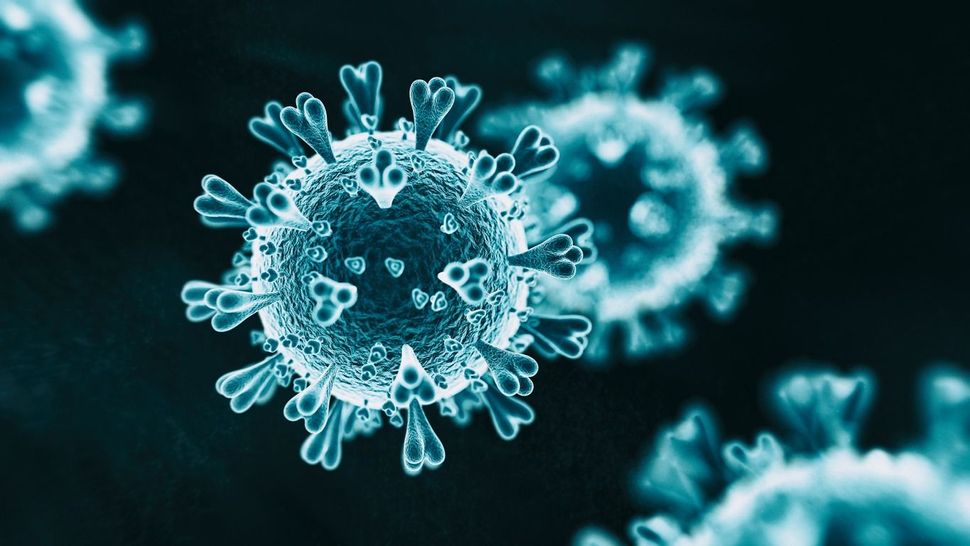No kissing Torahs or tearing challah: How synagogues are dealing with coronavirus fears

Image by koto_feja/iStock
As the coronavirus has spread across the global Jewish community — first in Italy, and then in Israel and the United States — religious leaders have adjusted ritual practices in order to prevent further contagion.
Many synagogues and other Jewish institutions have sent out emails to members urging them to follow the health recommendations of the Centers for Disease Control, including telling people to stay at home if they are feeling unwell. Synagogues in California and Washington state recommended that people greet each other at synagogue with elbow bumps instead of hugs and kisses.
Rabbi Beth Singer of Congregation Emanu-El in San Francisco told J., the Jewish news of Northern California, that her synagogue had introduced hand sanitizer stations in the building, and would be passing out pre-sliced pieces of challah on Shabbat rather than having congregants rip off their own pieces from a communal loaf.
“Our primary focus is on not feeding hysteria but taking precautions as we get our updates from the CDC,” Singer said.
As a public service during this pandemic, the Forward is providing free, unlimited access to all coronavirus articles. If you’d like to support our independent Jewish journalism, click here to make a donation.
In addition to urging people not to shake hands or attend services while ill, the Conference of European Rabbis also urged people not to kiss ritual objects like Torahs, prayer books, tallitot or mezuzot.
Religious orgs sending out guidelines about dealing with #COVID19 in communal settings. From @europeanrabbis, a reminder to not greet others with kisses; not kiss prayerbooks, Torah scrolls & mezuzahs; to stay home if you’re not feeling well — even if you have to say Kaddish: pic.twitter.com/MRjz26yCyz
— Avital Chizhik-Goldschmidt (@avitalrachel) March 3, 2020
Others are also urging a more spiritual response. The Rabbinical Assembly of Italy published a prayer last week for the wellbeing of coronavirus patients. “Take pity and have mercy and heal all mortal beings for you are good and merciful to all and hear everyone’s prayers,” the prayer concludes.
For some Jews, though, prayers are only able to be offered individually — synagogues in parts of Italy, as well as one house of worship in New York, have been closed by the government in order to stop the disease’s spread.
Aiden Pink is the deputy news editor of the Forward. Contact him at [email protected] or follow him on Twitter @aidenpink
















